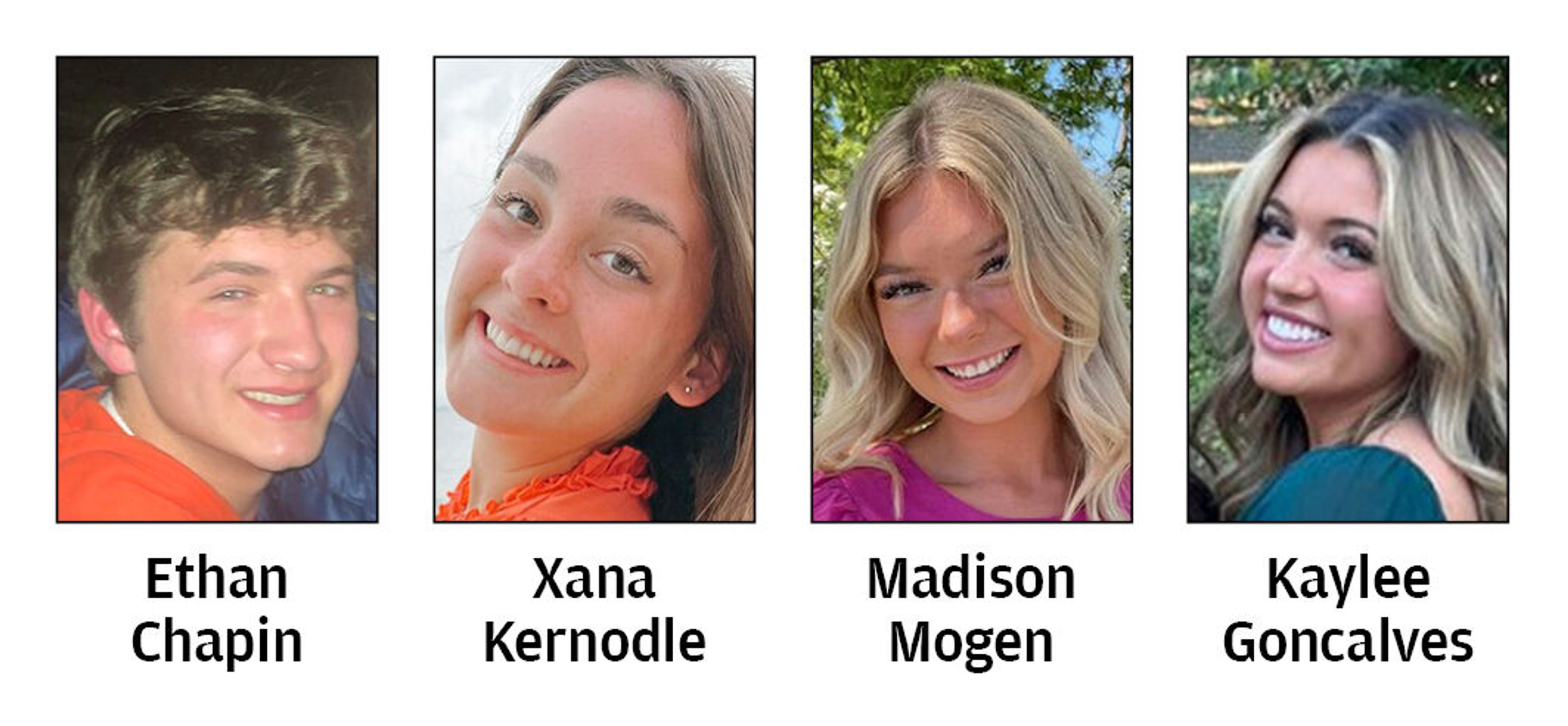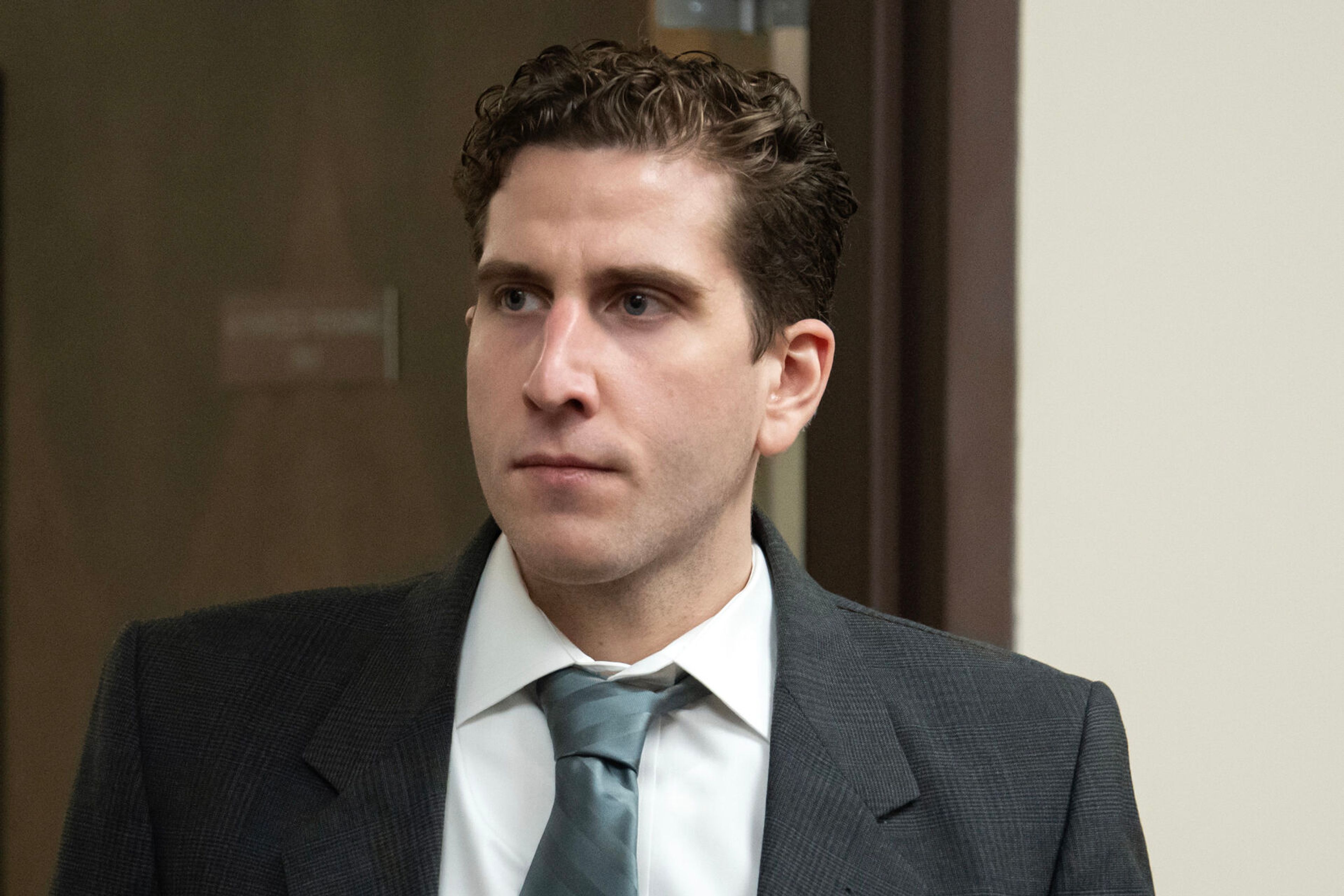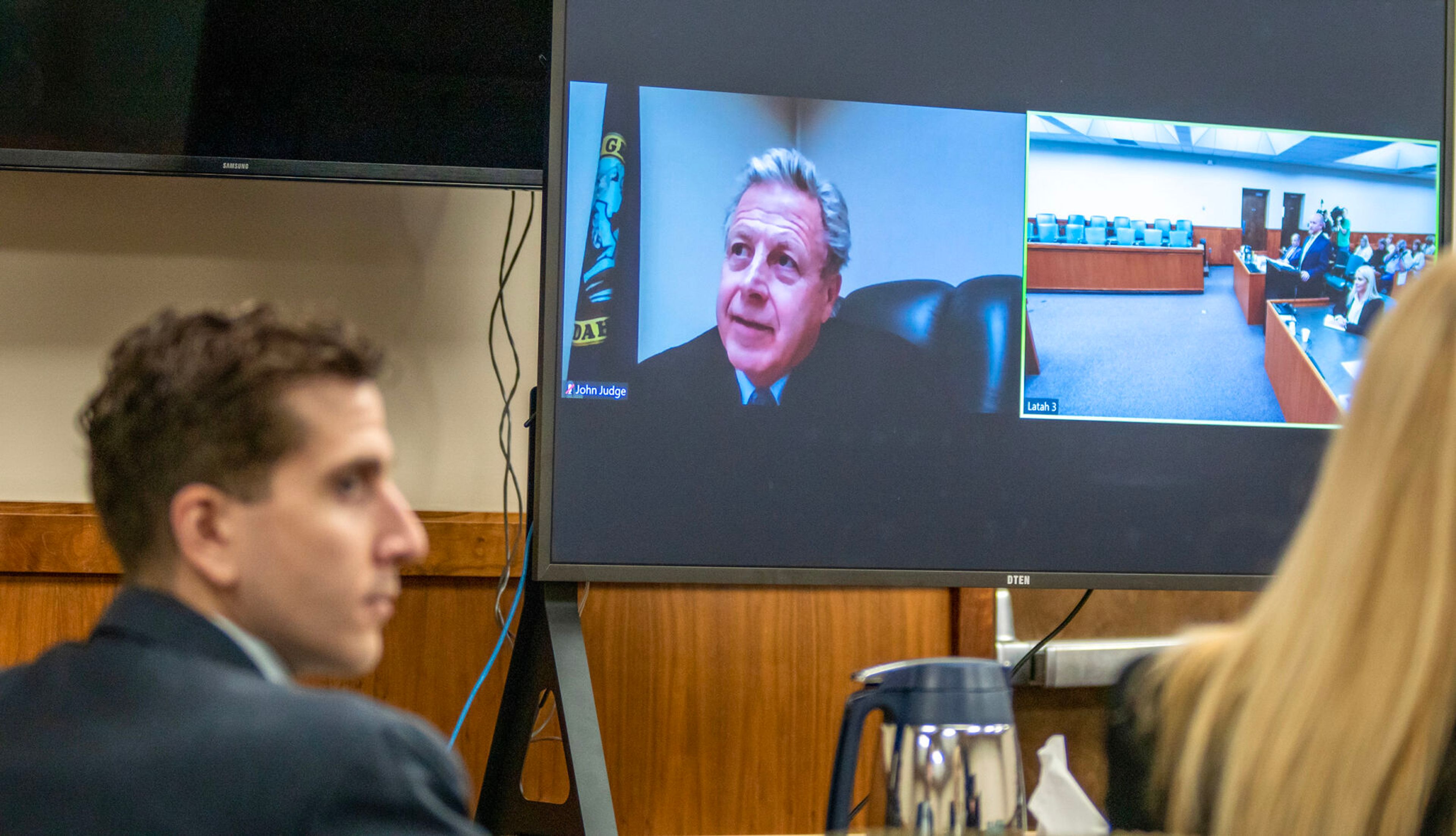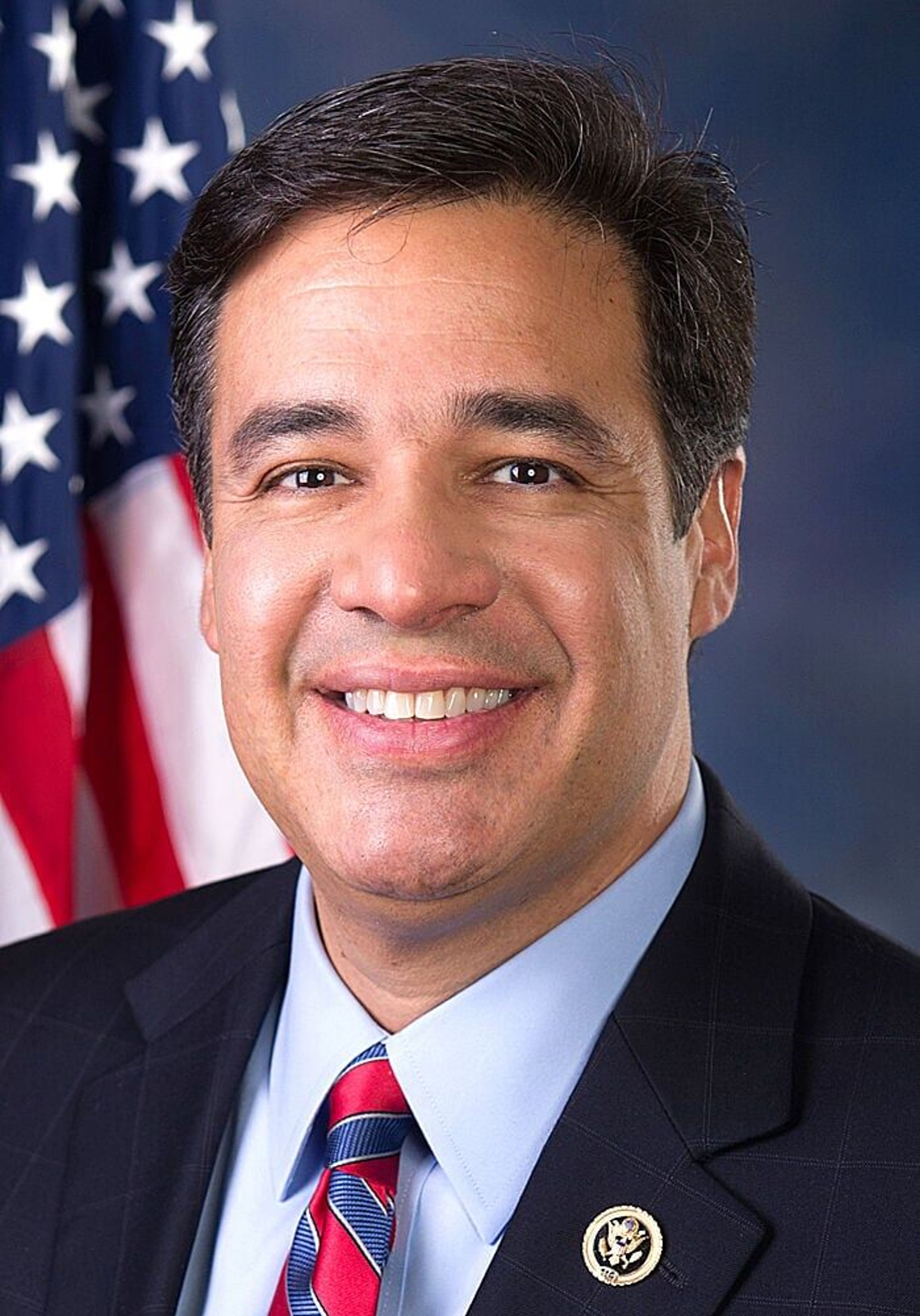UI prof: Gag order part of a balancing act
Attorneys and police not allowed to talk to public or media about murder case
Many questions surrounding the Nov. 13 quadruple homicide in Moscow were answered when the probable cause affidavit, which details the evidence leading to the suspect’s arrest, was released Thursday.
However, there is still plenty of mystery behind the deaths of Xana Kernodle, Ethan Chapin, Madison Mogen and Kaylee Goncalves. For example, the affidavit doesn’t state whether the suspect, Bryan Kohberger, allegedly had a motive or a relationship with any of the victims.
Presently, the public and the media cannot look toward law enforcement for answers. Latah County Magistrate Judge Megan Marshall signed a nondissemination order, or “gag order,” prohibiting police and attorneys from publicly talking about the case, which has made international news.
University of Idaho law professor Samuel Newton told the Daily News on Friday that this is part of the balancing act judges have to perform during a high-profile case like this.
He said they are balancing the rights of the defendant, Kohberger, with the rights of the free press and the public to know information about a case.
Newton, who teaches criminal law, said the publicity can risk making the trial unfair for the defendant by influencing the jury and the attorneys.
He said it has its roots in the 1966 case Sheppard v. Maxwell, where the heightened media attention caused a “carnival atmosphere” during the trial of Samuel Sheppard, an Ohio man accused of murdering his wife. The judge determined he was denied a fair trial because of this.
Newton said a judge has to determine if the case is “being tried in the media instead of the courtroom.”
“It’s wrong if the court let’s publicity take over the whole trial,” he said.
However, it’s also wrong if the court completely prohibits information about the trial, Newton said. Judges have to avoid going too far in one direction or the other, he said.
The gag order does not prevent the media and the public from attending Kohberger’s hearings. The courtroom was packed with reporters, as well as members of the Goncalves family, during Kohberger’s initial appearance in front of Marshall on Thursday. A select few news cameras were allowed to film the proceeding.
While Newton could not say this with total certainty, he said it is rare, but not unprecedented, for a judge to ask the attorneys and the police to not talk to the press.
Newton said it is up to the judge to determine how long the nondissemination remains in place. He said District Court Judge John Judge will make that decision if the case is bound over to him.
A status hearing for Kohberger is scheduled for Thursday.
Newton has been following the investigation and said this case has left the community with a mix of emotions, including both a sense of grief over the victims’ deaths as well as a sense of relief over the arrest of a suspect.
“Out of this terrible crime has come a sense of community, a sense of solidarity,” he said.
The court recently released other documents related to the case in addition to the probable cause affidavit. Marshall signed an order to preserve the crime scene on 1122 King Road, which means the house will be locked and crime tape will remain. The crime scene will remain preserved until Feb. 1 or until a further order from the court. All samples and evidence collected are also going to be preserved per this order.
Kuipers can be reached at akuipers@dnews.com.









